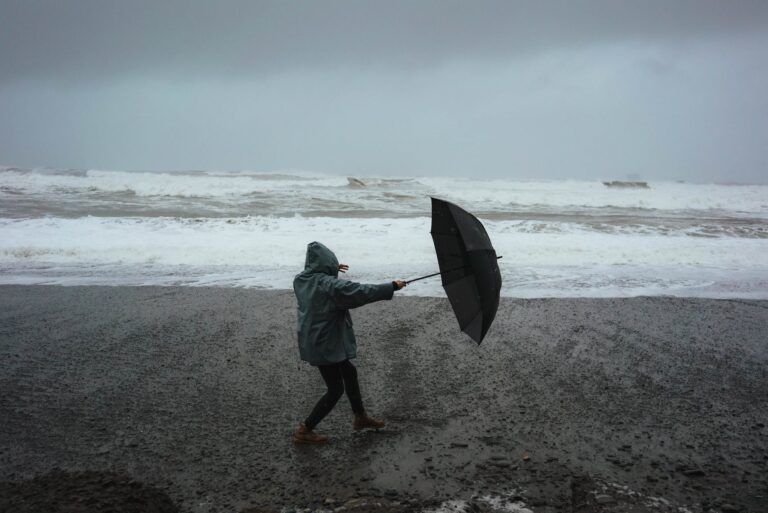
Why do Construction Contracts need a Contract Lawyer?
Construction contracts are complex and carry significant legal risks. For this reason, it is important to engage a contract lawyer. Construction contracts are a critical document in allocating legal risk.




